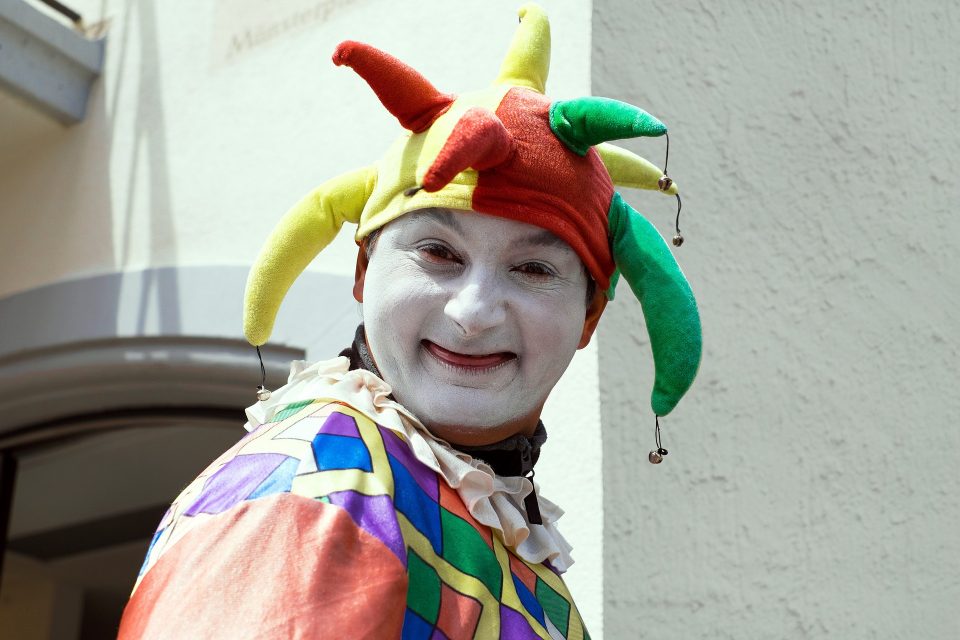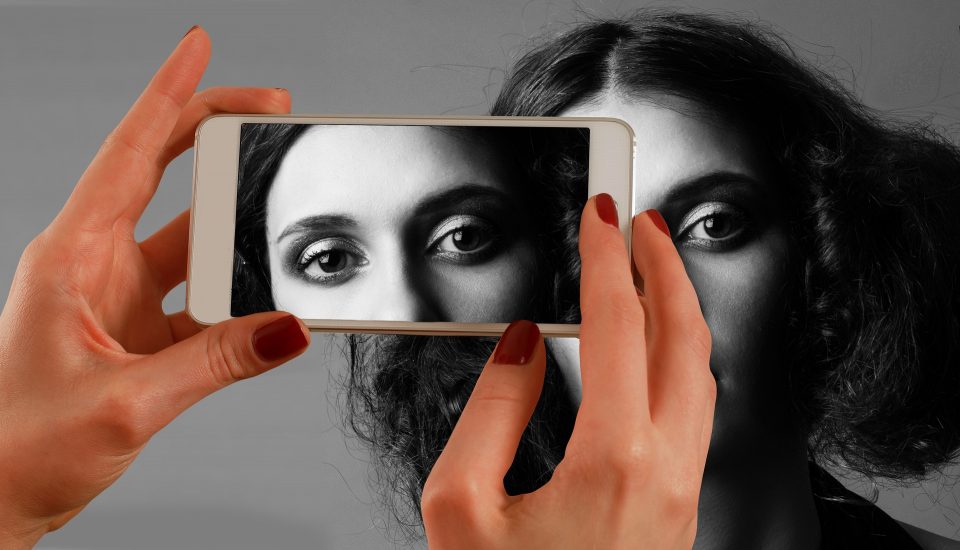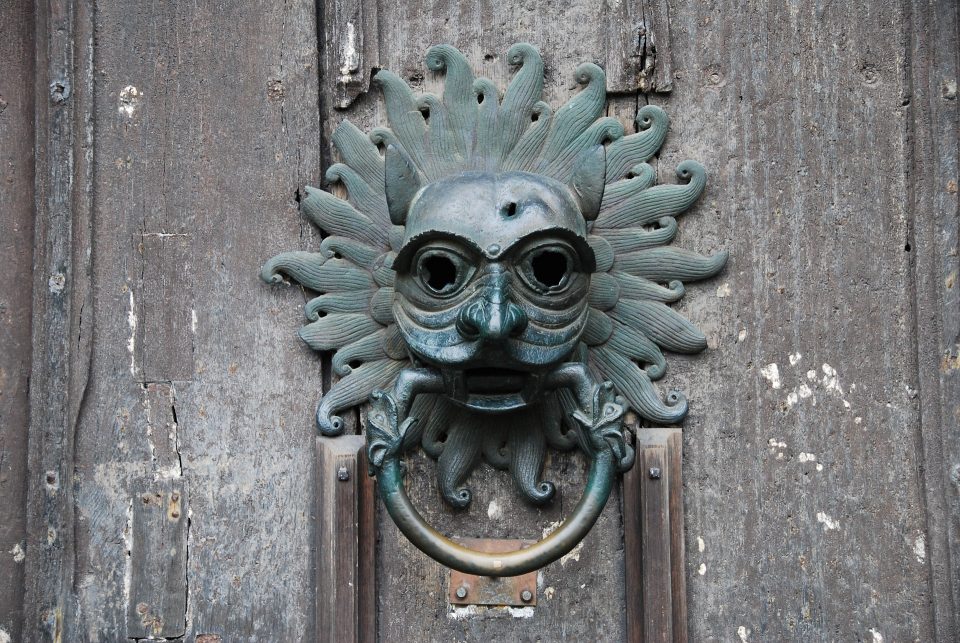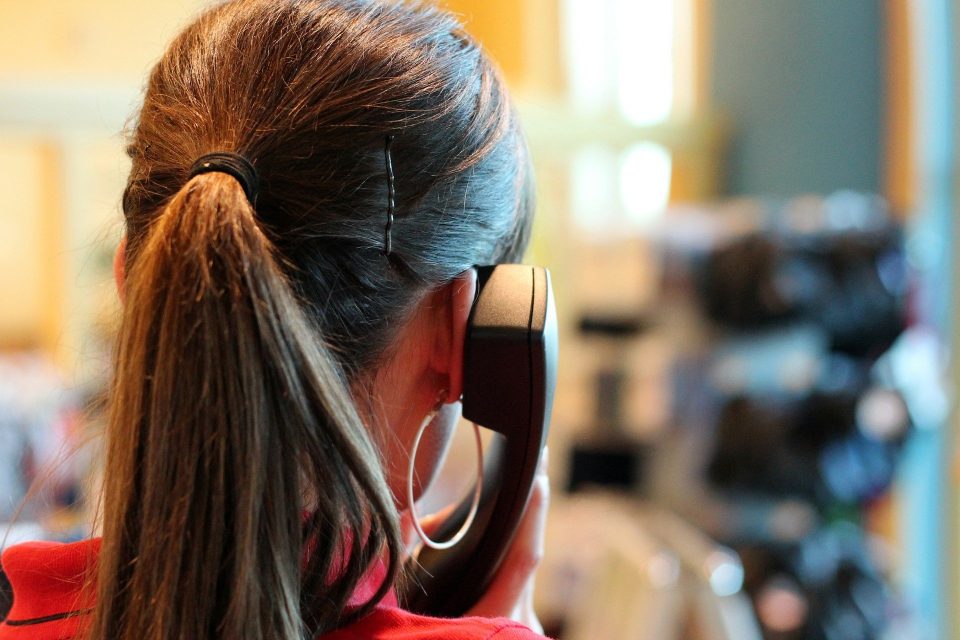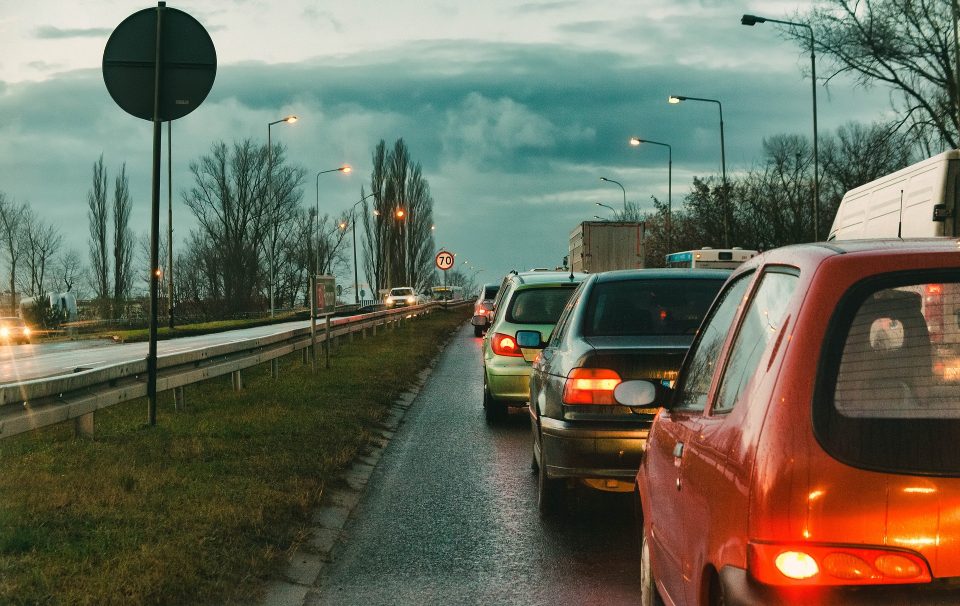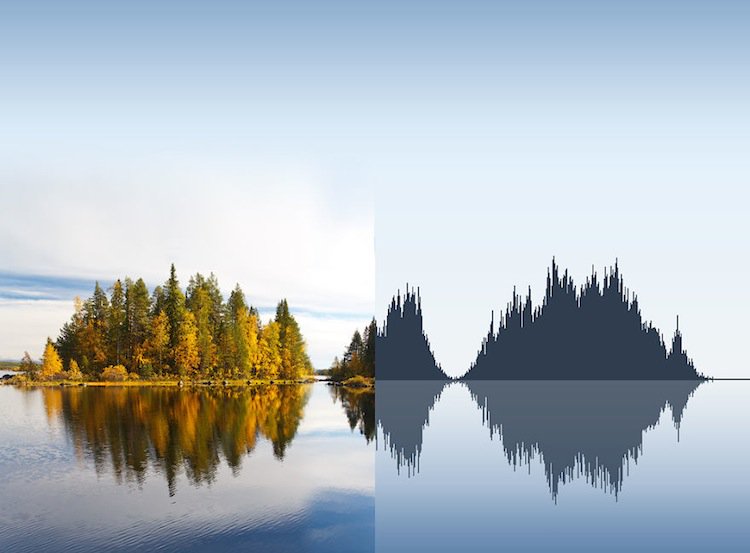Hi folks, I hope you are doing ok, this week we are meeting at the Crescent Club at 7.30, it would be great to see you if you are able to join us. We are still being careful when moving around the club so we would ask you to wear a mask when you aren’t seated. This week we move …
The Bible’s True Purpose
We are often most disappointed or disillusioned with something when it fails to live up to the hype. So that latest tv show you have been told is a must see turns out to be slow and boring so you lose trust in the persons opinion. The band that are the next big thing play repetitive generic music and you …
Soothing the Suffering
Soothing the suffering is nothing new, especially during the last two years as we’ve navigated our way through the pandemic. Suffering will mean something different too each of us depending on the external and internal situations we find our self in. A phrased used a lot on social media during the first lockdown was ‘We’re all in the same storm …
Coming Soon
As we slowly move through January and cast of those silly resolutions we promised we would stick to only two weeks ago and prepare ourselves for what 2022 has to bring we thought it would be good to do a little preview of the theme we are going to be tackling over the coming months (with some guest posts in-between …
Pondering… Who knows!
Hi folks, Hmmmm, ok, i’ll start with it… Happy New Year! How you all doing? This week we are meeting face to face at the Cullercoats Crescent Club at 7.30. We were supposed to be starting a new theme this week but we are going to push it back and start it in February, basically Covid stopped play! If you …
An online image
Hi folks, I hope you are doing ok in the midst of all that is going on, it is very difficult to know what we should be doing, so we are giving you two options for Sunday night. The first is to meet on zoom at 7.30… The link will be set up and sent out on Sunday, so watch …
Drinking Tea
Hi folks, I hope you are well, we are meeting at 7.20 for our advent reflection at the underpass at Cullercoats, it will be a bit more interactive this week, and then we will be going on to the club for our regular gathering. This weeks reflection has been written by Sue and our theme this week is ‘Drinking Tea’. …
Calling a friend: Congregation and Community.
Hi folks, I hope you are well, if you are coming along on Sunday night, please note that we are beginning by meeting in the underpass at Cullercoats for our Advent reflection, meeting at 7.20 and then heading up to the club afterwards. This weeks blog is written by Naomi: In the film, About a Boy, Hugh Grant plays the …
Sitting in traffic!
Hi folks, i hope you are well, this week we meet again at the Crescent Club at 7.30, it would be great to see you if you are able. This weeks reflection from Liturgy of the Ordinary looks at ‘Sitting in Traffic’ and is written by Pauline. I reckon I don’t need to say anything about the title of this …
Speak your own love
Hi folks, i hope you are well, this week we will meet at 7.30 at the Crescent Club in Cullercoats, it would be great to see you if you are able. Once again a little reminder to wear a face mask when walking about the club please. This week we move away from our regular slots to a guest blog …
